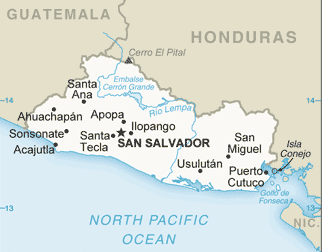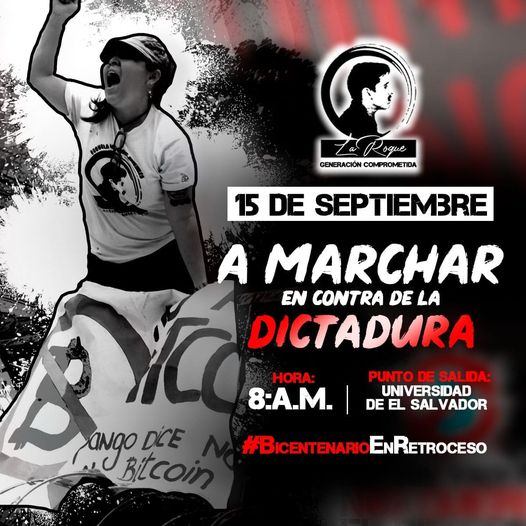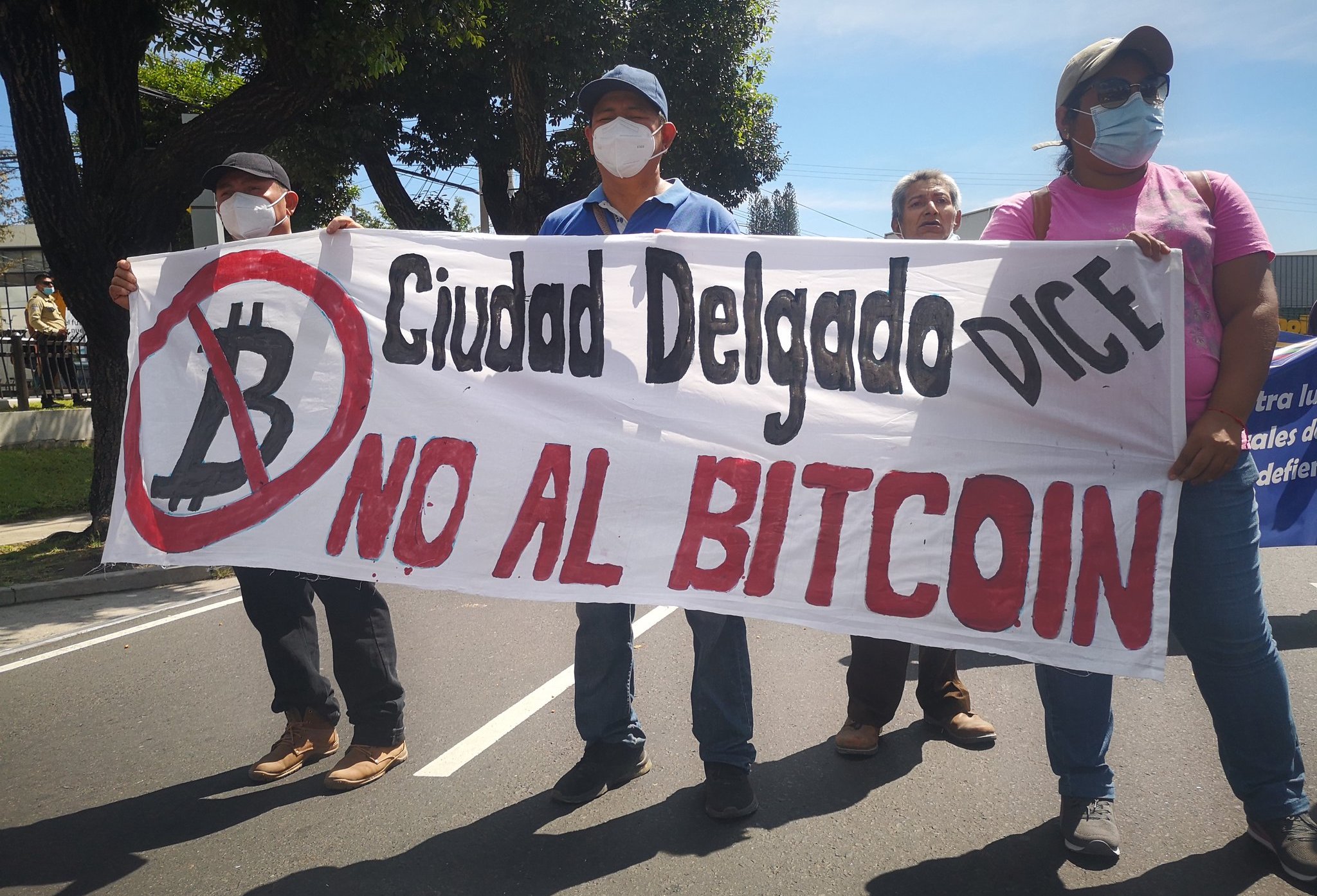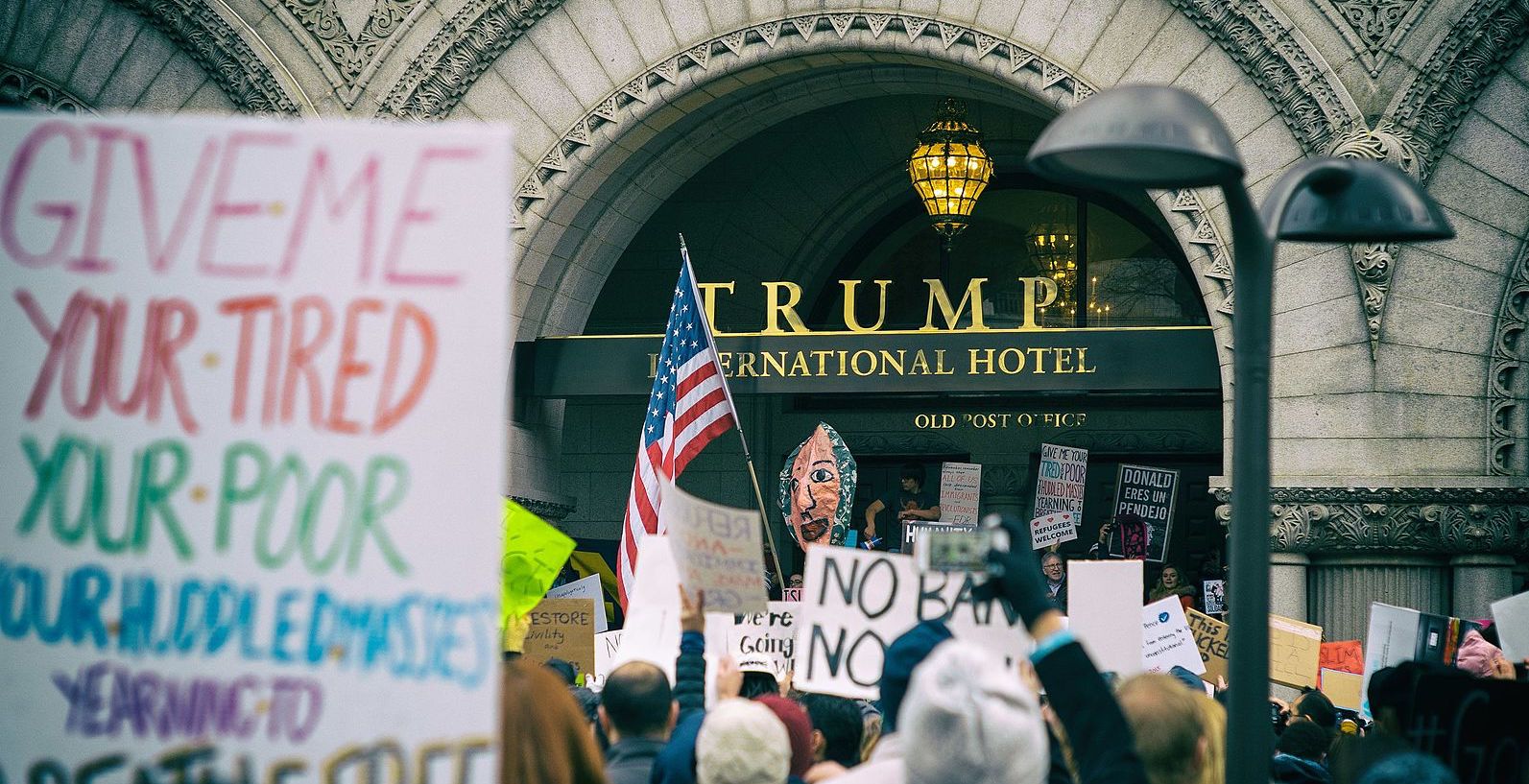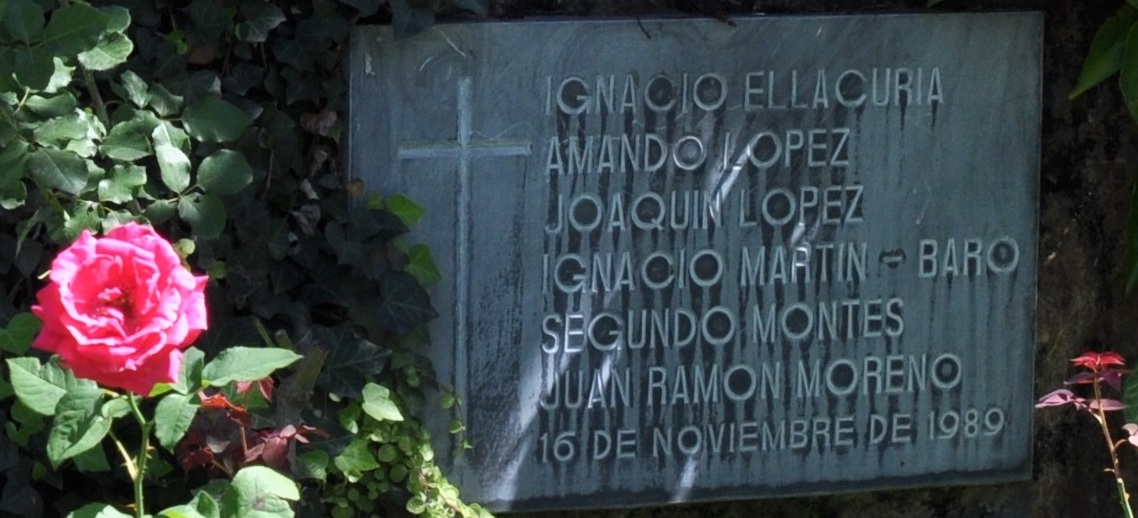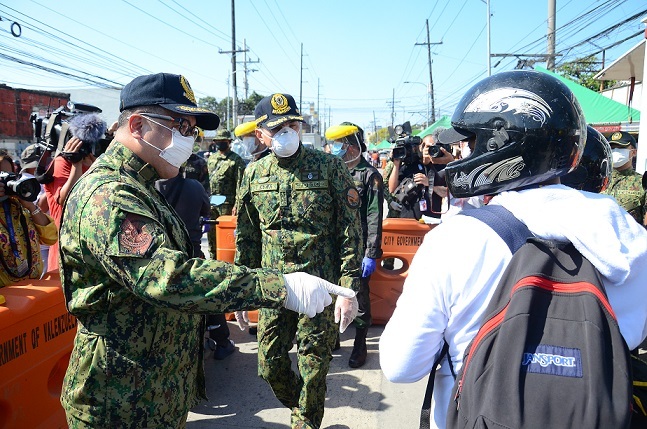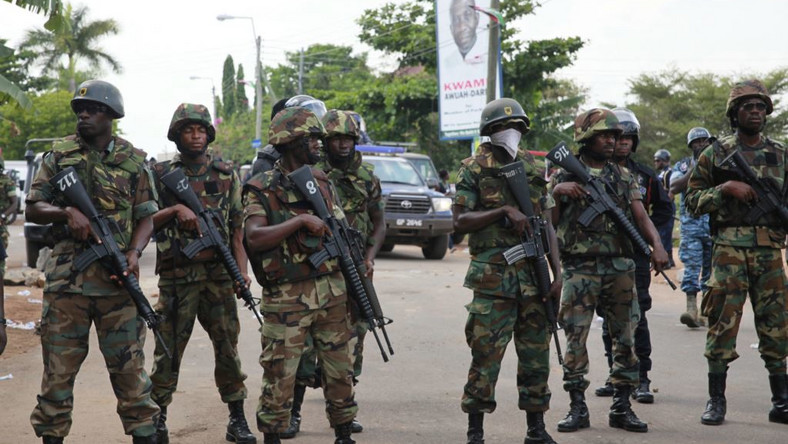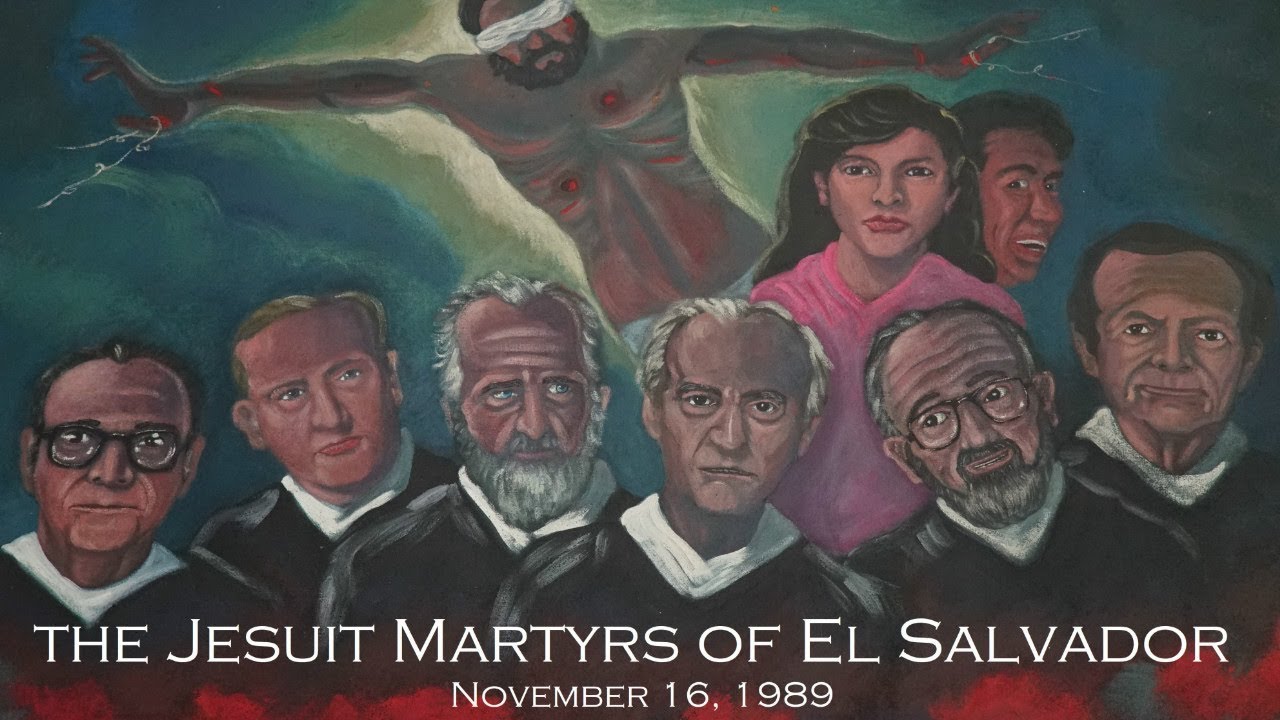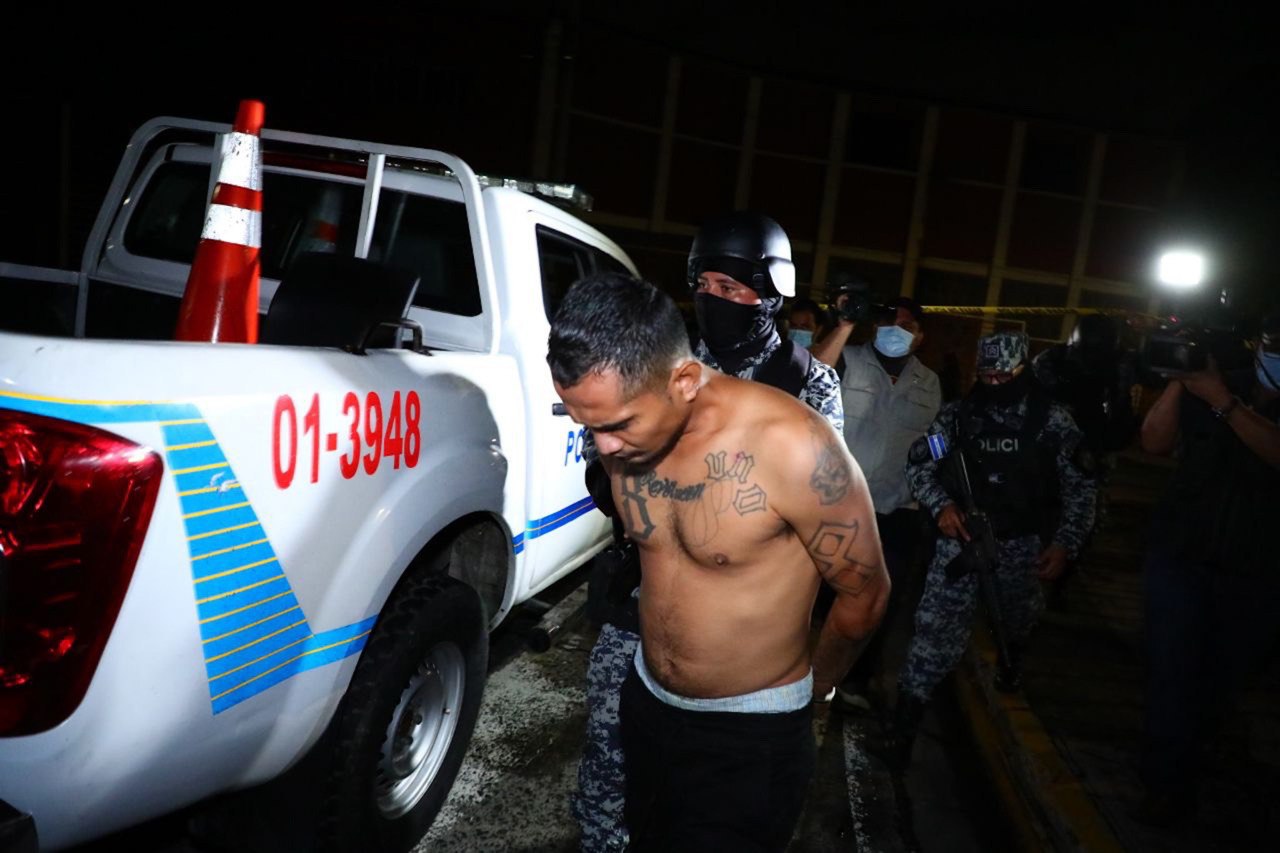
‘Massive’ human rights violations in El Salvador
Amnesty International reported that authorities in El Salvador have committed “massive” human rights violations, including arbitrary detentions, due process violations and torture, under cover of an ongoing state of emergency. Amnesty found that 35,000 individuals have been illegally detained without due process since President Nayib Bukele declared a state of emergency in response to gang violence in March, suspending constitutional guarantees. At least 1,190 minors are among the detained, and more than 18 detainees have died in custody. The National Assembly has twice extended the so-called “regime of exception” by 30-day intervals. The day after Amnesty issued the report, the Inter-American Commission on Human Rights (IACHR) urged El Salvador’s government to comply with international human rights obligations in implementing security measures. (Photo: Presidencia de El Salvador)



